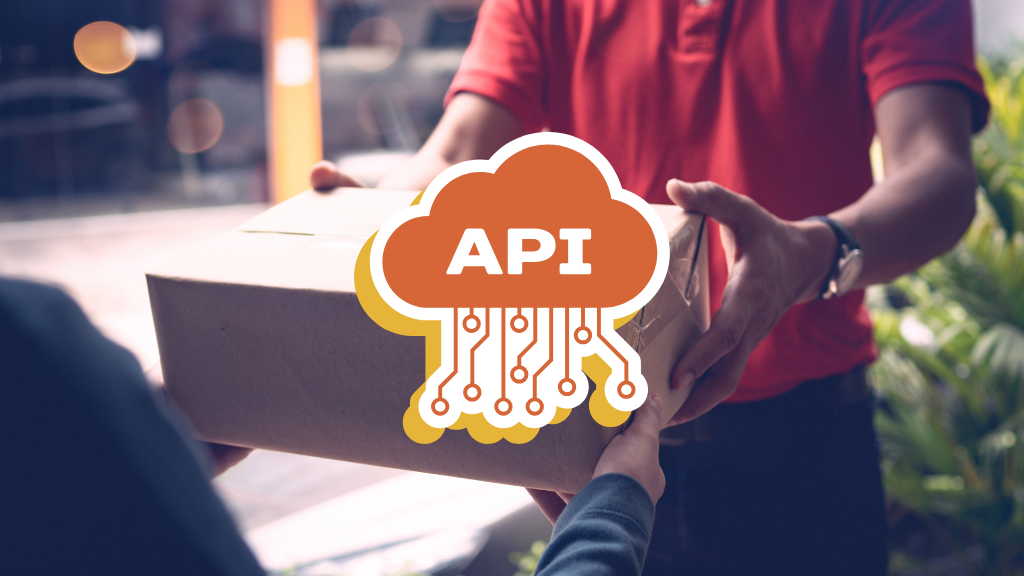In today’s digital landscape, Application Programming Interfaces (APIs) have emerged as powerful tools enabling small businesses to leverage enterprise-grade capabilities without massive IT investments. By facilitating seamless connections between different software systems, APIs are helping small businesses automate processes, expand their service offerings, and compete more effectively with larger enterprises.
What Are APIs?
APIs serve as intermediaries allowing different applications to communicate with each other. Think of them as digital messengers that take requests, translate them for the receiving system, and return the response in a usable format. This connectivity is transforming how small businesses operate across virtually every industry.
Example 1: Transforming Small Business Finance with Shopify Balance
In 2023, Shopify revolutionized small business financial management by launching Shopify Balance, an embedded finance solution built directly into their platform. This innovative service was created after Shopify research revealed that two in five merchants were using personal bank accounts and cards for business transactions, making it difficult to track the true financial health of their operations.
Developed in partnership with Stripe Treasury, Shopify Balance provides merchants with a specialized financial account optimized for commerce businesses that includes virtual and physical cards with no annual or monthly fees. The integration allows small business owners to manage their funds directly within the same platform where they run their stores, access money faster, earn rewards on business purchases, and maintain clear separation between personal and business finances.
The results were remarkable, with over 100,000 US small businesses opening Shopify Balance accounts within the first four months of launch. As Shopify noted, “By combining personal and business finances, it was difficult for merchants to measure the true financial health of their business.” The embedded finance API solution solved this challenge while providing a transparent, trustworthy money management tool customized specifically for commerce businesses.
“Shopify trusted Stripe’s architecture, APIs, and speed, which eliminated complexity and helped Shopify quickly offer a financial product,” reported Stripe in their case study, demonstrating how powerful API integrations can transform small business operations.
Example 2: Enhancing Customer Service with AI-Powered APIs
Auto dealerships across the United States are increasingly leveraging AI-powered APIs to transform their customer service operations. According to a recent article in The Macomb Daily, dealerships are now implementing AI in multiple aspects of their business—from website chatbots and voice assistants to service scheduling systems and financial decision-making tools.
Jeff Laethem, who heads a Buick and GMC dealership in Detroit, has implemented an AI product to manage customer phone calls and book appointments after hours. “There are a lot of things that it’s going to do better than we can,” Laethem noted about the AI technology.
One key benefit comes from AI-powered voice assistants like Stella AI. According to Shelli Clark, marketing director of Stella AI, “Dealers often miss out on one out of every three calls.” Their voice and chat assistant helps ensure those prospective customers aren’t lost. The technology understands customer intent even when human callers aren’t being specific about what they need.
The business impact has been significant. These AI systems help dealerships capture previously missed service appointments and sales opportunities, improve customer satisfaction by reducing wait times, and allow businesses to operate efficiently during off-hours. For dealerships, this means increased service revenue, more effective customer engagement, and the ability to compete with larger operations despite having smaller staffs.
Dave Perry, CEO of an AI service provider in this space, explained that the goal is to ensure customers don’t get frustrated when they call or try to make an appointment and then give up. The AI needs to understand customer intent, which can be challenging since “humans, just by nature, aren’t so specific as computers are about what they’re trying to do.”
Example 3: Revolutionizing Delivery Operations with Last-Mile API Integration
In early 2025, Deepfinity, a logistics-tech startup founded by Arthur Zargaryan while still in university, transformed the delivery operations for residential buildings facing a growing challenge in the e-commerce era. What makes this story particularly impressive is that Arthur started the company with just a $1,000 initial investment and has grown it into a successful business single-handedly.
The company recognized that traditional parcel management in large residential buildings was becoming increasingly problematic as online shopping volumes surged. Building managers were spending hours logging packages, notifying residents, and managing storage space—all using outdated, manual methods that led to lost packages, delivery delays, and frustrated residents.
Deepfinity’s API solution allows seamless integration between building management systems and delivery services. Their software tracks parcels from the moment they arrive, automatically notifies residents via their preferred communication channels, and provides digital proof of delivery. Additionally, the system optimizes storage space allocation and provides analytics on delivery patterns to improve operational efficiency.
The results have been impressive, with Deepfinity achieving 20% month-over-month growth since implementing their API solution. Since making their first revenue just 1.5 years ago, they’ve grown to $6,000 in monthly revenue ($72,000 annually) with zero outside funding beyond the initial $1,000 investment. Building managers report saving 5-10 hours weekly on package management tasks, while residents experience 90% faster notification times and a significant reduction in misplaced packages.
“Building managers were struggling with the influx of online shopping deliveries,” explains Arthur, Deepfinity’s co-founder. “Our API solution automates the entire process and integrates with existing building management software, creating a seamless experience for both staff and residents.”
The API Advantage for Small Businesses
These examples highlight how APIs deliver several key benefits to small businesses:
- Automation of routine tasks, freeing up valuable time for business development and customer relationships
- Access to enterprise-level capabilities without the need for extensive in-house technical expertise
- Enhanced customer experiences through faster, more responsive service
- New revenue opportunities by expanding service offerings or market reach
- Improved decision-making through better data access and analysis
As API technology continues to evolve, the barrier to entry for small businesses continues to lower. With minimal technical knowledge and modest investment, today’s small business owners can implement solutions that would have required dedicated IT departments just a decade ago.
For small businesses looking to stay competitive in 2025 and beyond, strategic API integration isn’t just an IT decision—it’s a fundamental business strategy that can transform operations, customer experience, and growth potential.




